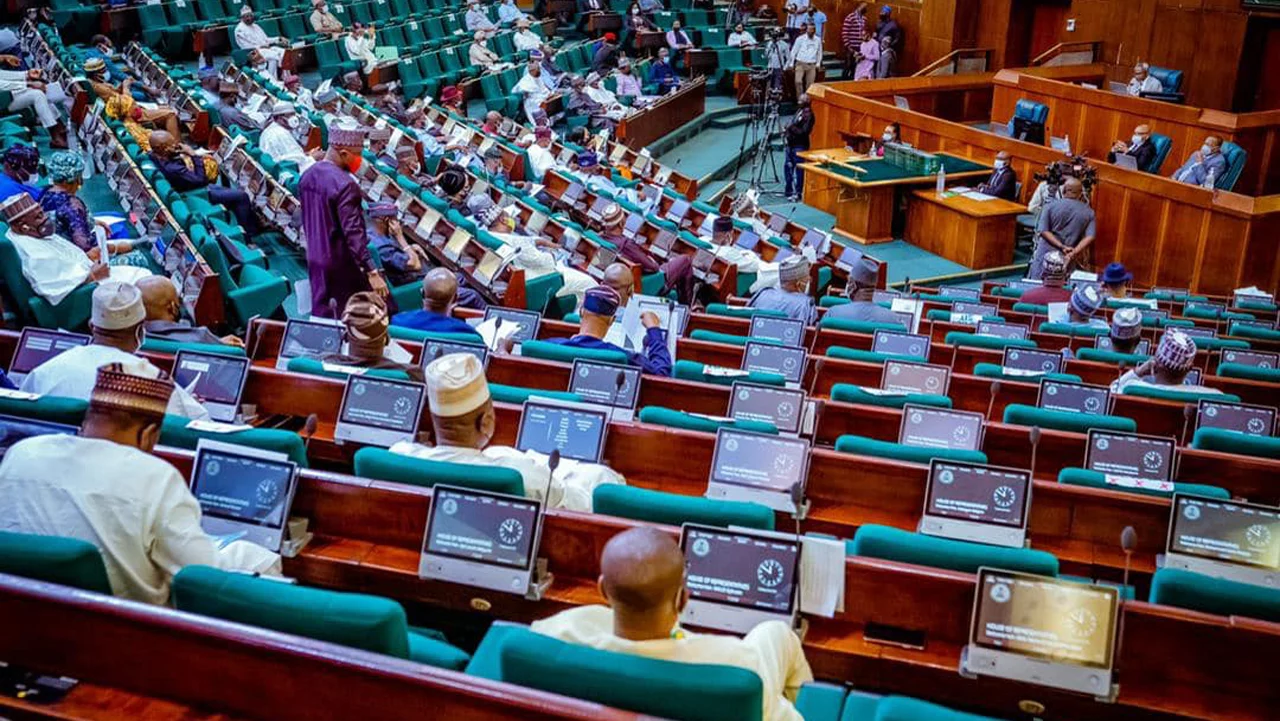The House of Representatives on Wednesday cautioned that the recent hike in fuel pump prices could trigger social unrest.
The Green Chamber handed down the warning as a meeting between the Federal Government and labour leaders over the increase in petrol prices ended in a stalemate on Wednesday.
Last week, NNPC retail outlets raised petrol prices to N1,030 per litre from N897 in Abuja, while in Lagos, the price jumped to N998 per litre from N868. Other regions experienced similar increases.
This is the second price hike in a month, reflecting an increase of about 14.8 per cent or N133.
The development triggered higher transportation and food costs across the country.
The organised labour and the Organised Private Sector demanded an immediate reversal of the price hike.
The Nigeria Labour Congress and Trade Union Congress condemned the price hike and called for an immediate reversal.
But addressing the issue during plenary, the House called on the Federal Government to immediately reverse the hike in the price of petrol and cooking gas, given the current economic hardship across the country.
The resolution of the House praying for the intervention of the executive arm of government followed the adoption of a motion of urgent public importance moved on the floor of the Green Chamber by the Minority Leader, Kingsley Chinda, and 100 others.
Titled, ‘Urgent need to suspend the increased cost of petrol and cooking gas in the country and provide a stop-gap,’ the motion drew attention to the hardship Nigerians were facing in meeting their basic needs in the past few months.
Speaking on the essence of the motion, Chinda, a member of the Peoples Democratic Party, expressed concern over the prices of petrol and cooking gas, saying the development was creating an unsustainable financial burden on ordinary Nigerians and exacerbating the cost of living.
He said, “The removal of fuel subsidy coupled with global oil price volatility and the naira depreciation has contributed significantly to the rising cost of petrol at the pump and cooking gas for households.
“We are worried that the escalating fuel and gas prices are impacting the cost of transportation, food, essential goods and healthcare, further increasing inflation and pushing many families into deeper financial hardship.
“The House is concerned that businesses, particularly small and medium-sized enterprises, are struggling to manage their operational costs due to increased fuel prices, threatening economic stability and job security.”
Chinda recalled that the President Bola Tinubu-led government had previously announced plans to repair domestic refineries and boost local refining capacity to address the challenges, lamenting, however, that “it is yet to deliver significant results in this regard.”
The rising cost of petrol and cooking gas, according to the lawmaker, “poses a significant threat to the livelihood of millions of Nigerians and unchecked inflationary pressure caused by the increased prices can lead to social unrest, increased poverty rates, and negative long-term economic effects.”
He added that unless urgent and pragmatic steps were taken to control the rising cost of petrol and cooking gas, Nigeria will go into “an economic crisis leading to negative outcomes like increased crime and mortality rates.”
Contributing to the debate, House Minority Whip, Ali Isa, condemned the incessant increment in the price of petroleum products, saying, “The people are suffering because of the increase in fuel price. The government should allow the people to breathe and should please not remove the cylinder giving Nigerians little oxygen.
“The government should listen to the cry of the people and take steps to review any policy that will affect Nigerians negatively. Those who signed this motion are of the view that their people and by extension, the Nigerian people, are suffering.”
Also speaking, the member representing Kanke/Pakshin/Kanam Federal Constituency, Plateau State, Yusuf Gagdi, said the motion was in line with the current challenges Nigerians were passing through.


